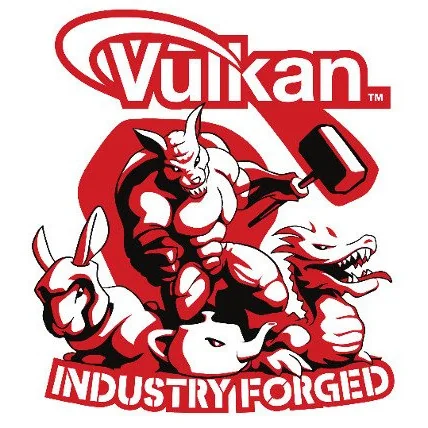Vulkan Video 1.0 Extensions Published As Part Of Vulkan 1.3.238

After more than a year and a half in beta form, the Vulkan Video 1.0 extensions are out today with the VK_KHR_video_queue, VK_KHR_video_decode_queue, VK_KHR_video_decode_h264, and VK_KHR_video_decode_h265. The H.265 and H.264 extensions were promoted from "EXT" extensions to now being formal "KHR" extensions.
The Khronos Group slide on Vulkan Video workflow.
Sadly there still isn't any Vulkan Video extensions surrounding AV1 or VP9 video acceleration. We've been told before that they are working on further extending Vulkan Video but disappointingly even with all major GPU vendors now supporting AV1 decode/encode, the Vulkan extensions remain missing in action.
The Vulkan Video final "1.0" extensions are the main change as part of today's Vulkan 1.3.238 spec update along with various fixes/clarifications to other portions of the API spec.
NVIDIA today published the NVIDIA 525.47.04 Linux driver that supports Vulkan Video 1.0, now supports RTX 40 "Ada Lovelace" GPUs with the Vulkan beta driver build, and adds other Vulkan extensions such as VK_EXT_opacity_micromap, VK_NV_copy_memory_indirect, VK_NV_memory_decompression, VK_NV_optical_flow, and VK_NV_ray_tracing_invocation_reorder.
Recently there has been new Mesa Vulkan work around Vulkan Video for RADV and Vulkan Video for Intel's ANV. Now that the finalized specs are out, hopefully the Mesa Vulkan driver support for the video encode/decode extensions will be firmed up and merged in the near future.
16 Comments

